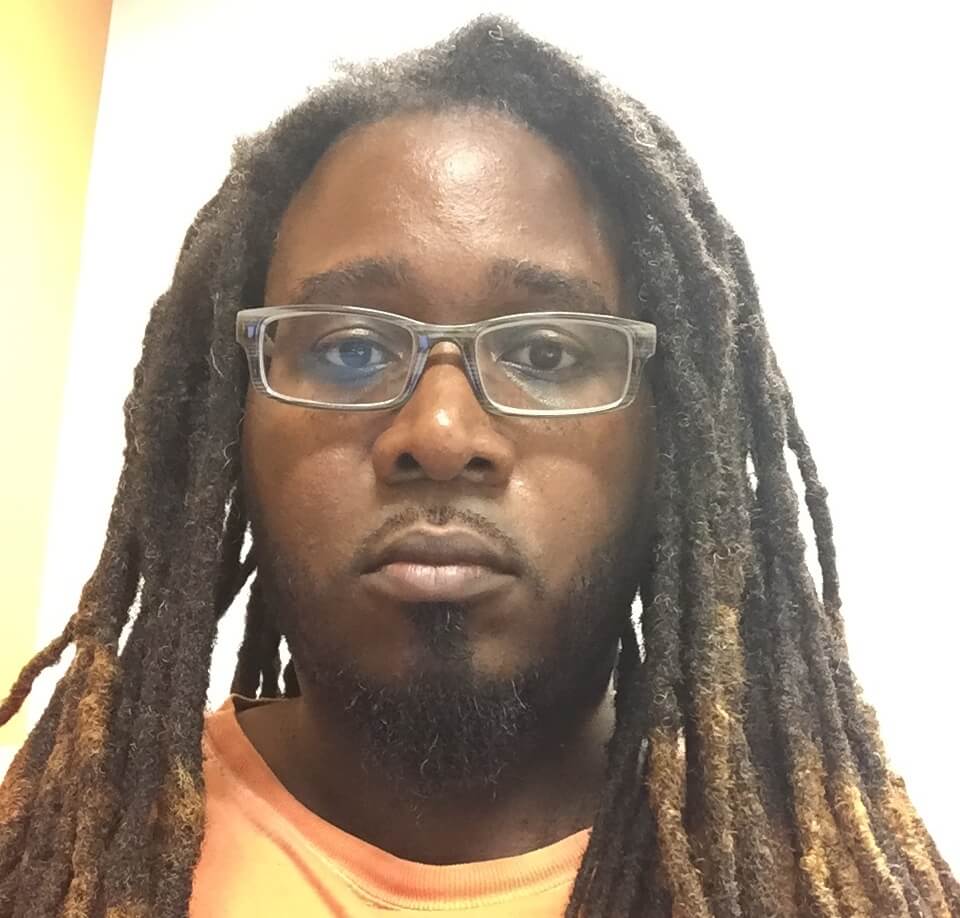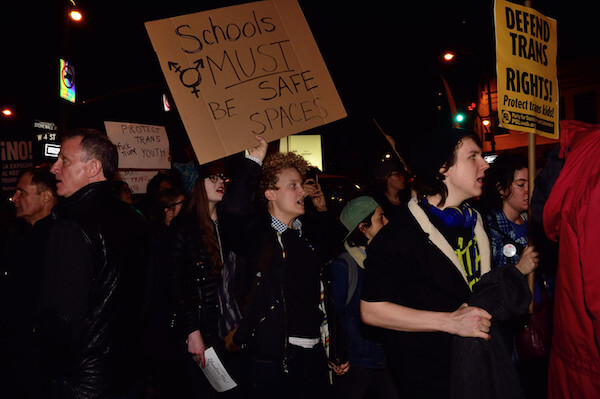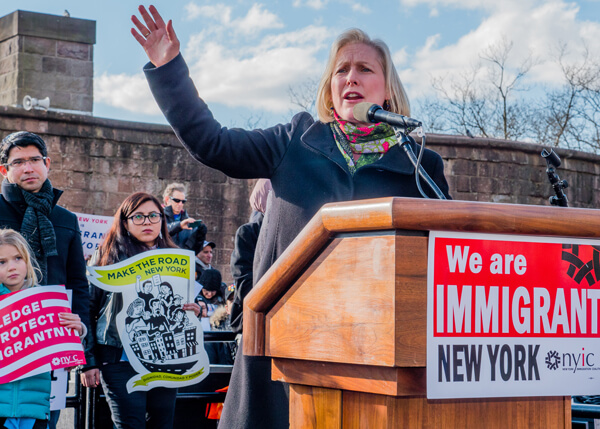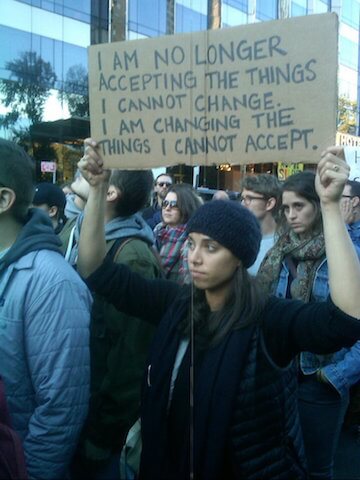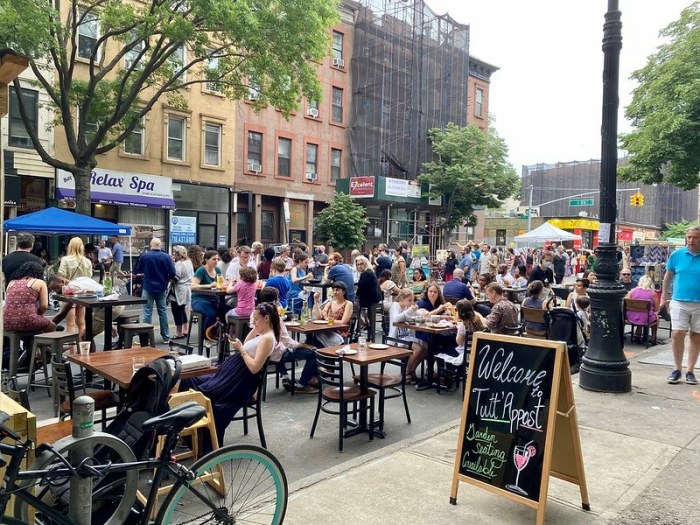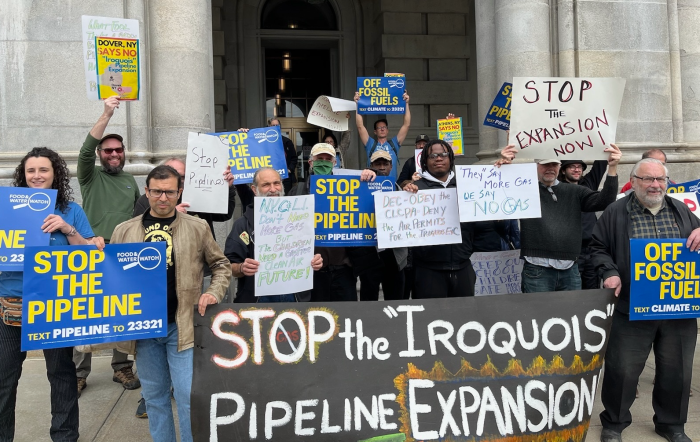Leaders representing a range of LGBTQ-based advocacy groups, non-profit organizations, and political clubs are voicing strong opinions about the budget adopted by city leaders at the end of June, especially regarding funding for programs serving LGBTQ, homeless, and young New Yorkers as well as for the NYPD.
Reaction was mixed, however, on whether the budget’s shortcomings reflected failures on the part of both Mayor Bill de Blasio and the City Council, or if the mayor’s intransigence, particularly on the issue of reducing the police budget, was largely to blame.
That division of opinion about the $88.1 billion budget beginning July 1 had already played out within the Council’s five-member LGBTQ caucus. While Speaker Corey Johnson of Manhattan had the support of Finance Chair Daniel Dromm and Councilmember Ritchie Torres of the Bronx, Councilmembers Carlos Menchaca of Brooklyn and Jimmy Van Bramer of Queens both voted against the budget package, arguing it did not make meaningful enough cuts to NYPD funding that would have allowed a shifting of resources to programs serving marginalized communities.
In a Twitter back and forth on June 29, Dromm wrote he was “not sure where [Menchaca was] coming from” in his critique of a budget that the Finance chair said made “historic” cuts to the NYPD. Menchaca fired back, “There’s nothing historic about transferring money from one agency into another and calling it a cut.”
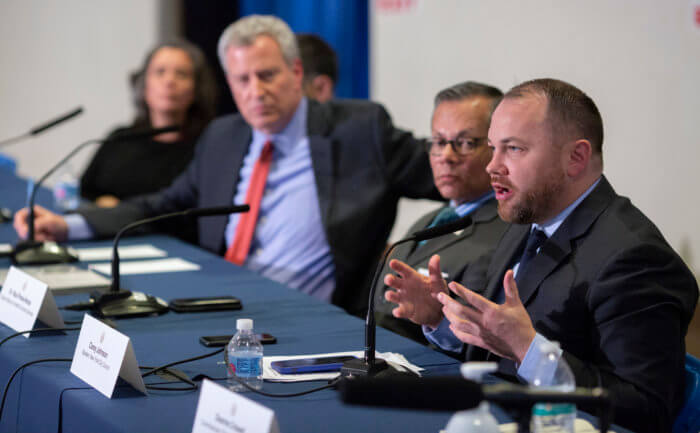
Two statewide LGBTQ advocacy groups, Equality New York (EQNY) and the New Pride Agenda (NPA), both expressed profound disappointment in what they viewed as modest cuts to the police department as compared to those impacting crucial programs and services for LGBTQ people in areas ranging from HIV prevention and queer youth employment to the Trans Equity Program Initiative, launched at the Council’s behest in 2018.
“I think the budget is terrible,” Equality New York executive director Amanda Babine said. “We’re enraged by what the City Council has decided on. We’re supporting defunding the police, so obviously to see them cut so little of that police budget is really frustrating. The budget for housing, homeless services, and healthcare is still billions of dollars less than the NYPD.”
She added, “The LGBTQ community faces homelessness at extreme levels, especially Black and brown LGBTQ individuals.”
The New Pride Agenda’s project manager, Cynthia Dames, also did not hold back in her analysis of the budget.
“While we are sensitive to the pressures that the mayor and City Council were under, we found their approach incredibly disappointing and without bravery,” Dames said.
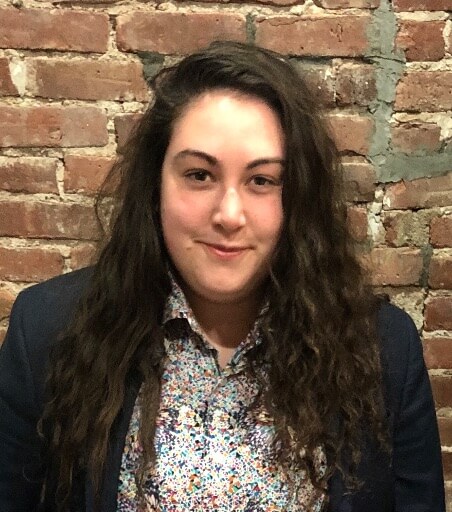
EQNY and NPA specifically pointed to several important services and programs that were slashed from the budget. Babine and Dames cited the looming impact of cuts to summer youth employment programs, for example, which have helped students build their résumés and gain important skills and experience, as well as cuts to education and discretionary funding.
“What I saw in the budget was no significant transformational changes on the executive side with both the police budget and more cuts within the City Council’s discretionary budget,” said Dames, who stressed that the budget negotiation process presented a perfect opportunity to have redirected funds in a progressive way by bolstering agencies and non-profits that are smaller, “perennially underserved, underfunded, and living month-to-month.”
Larger agencies and organizations, Dames explained, can afford to shoulder steeper cuts because they start from a base of having greater resources and a wider network to look to in figuring out how to survive.
“But that’s not what happened with New York City’s budget this year,” she said.
Mustafa Sullivan, the executive director of FIERCE, an organization serving LGBTQ youth of color in New York City, offered stinging critiques of city lawmakers — including LGBTQ councilmembers — for their part in the budget process.
“I know that definitely the community wasn’t listened to when they passed this budget,” said Sullivan, who emphasized that his organization has long fought on behalf of young homeless New Yorkers and against police violence and gentrification. The importance of those issues, he said, was not properly reflected in the budget.
“Ironically, very few in the Bronx stood up to the mayor,” Sullivan explained. “We know this has been a long-term battle — including with Corey [Johnson] and Ritchie [Torres] — around challenging the police department, defunding them, and holding them accountable for the violence they inflict on young people.”
Sullivan argued that the coronavirus-induced cuts will disproportionately impact marginalized communities, as evidenced by the delay in rolling out the Unity Works workforce initiative for homeless and runaway LGBTQ youth that was set to begin this month.
“That was one of the projects we were working on directly,” Sullivan said. “And once again the NYPD is protected. This is going to be a difficult conversation that is going to continue. The mayor thinks the debate is over; the City Council thinks the conversation is over.”
The Stonewall Democratic Club of New York City, a citywide LGBTQ political group, in a written statement, was more measured in its response. The club said it shared “the disappointment” surrounding the budget, agreed that cuts to the NYPD were too small, and noted that “we watched the surface be nicked as a charade unfolded and monies were shifted from one agency to another to ensure the sensitivities of PD brass remain untarnished.”
The club also voiced criticism of cuts to social services, education, and healthcare programs supporting queer homeless youth, HIV/ AIDS prevention, and affordable housing.
But while some others placed blame on both the mayor and Johnson, the club, led by president Brian Romero, instead argued that the Council was left with little choice.
“Unfortunately, the mayor prioritized sustaining the militarization of the police over the protection and rights of our city’s people and tied the hands of Council Speaker Johnson, Councilman Dromm, and many of the Council members who support more accountability of the NYPD,” the club stated.
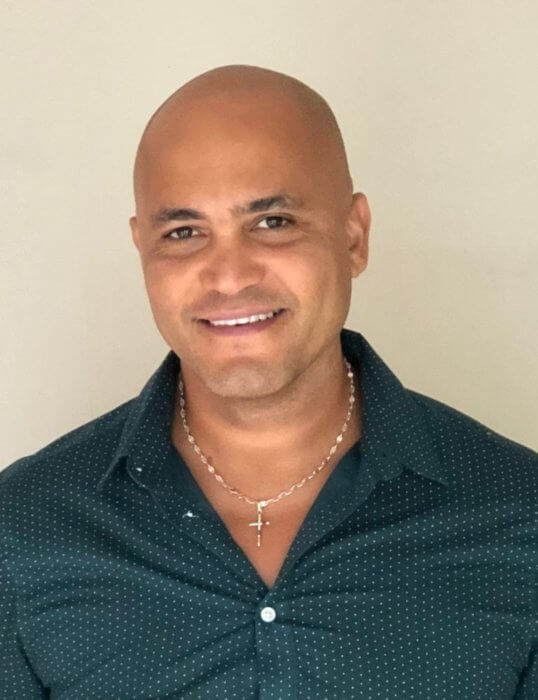
Another advocate noted the work of the Council in mitigating worse case scenarios for the budget. During the height of the June protests against racism and police brutality, José Albino, the executive director of the Brooklyn-based Griot Circle, which serves LGBTQ seniors of color, penned a personal essay on his organization’s website recalling his own negative experiences with white police officers and underscoring the dire need to slash police funding.
Still, as he watched the budget process unfold in the midst of the coronavirus pandemic, he said he knew cuts to more important services were forthcoming — despite his hopes for more funding for organizations led by and serving people of color. The situation would have been worse, he argued, had there not been a groundswell of protests demanding that at least some police funding be shifted to ameliorating the budget woes facing community groups.
“If [the protests and demands for defunding the NYPD] didn’t happen, social services would have suffered tremendously,” Albino said. “I’m very proud that, while it took a national movement around fighting for police injustice, the City Council was on board with reallocating those funds.”
He added, “The speaker is an ally of communities of color and is LGBT so he gets it. I think there is room for elected officials who are okay with negotiating.”
In the meantime, Albino said the Griot Circle is enjoying strong support from private donors, a source of funding that is far more robust than the money the group gets from the City Council, which he described as “a drop in the bucket.”
In the wake of the budget battle, what comes next for these organizations is critical. The team at EQNY is focused on ways to push local lawmakers to prioritize the issues shortchanged in the budget. The organization is preparing a webinar for its endorsed state legislative candidates seeking election this fall in an effort to encourage them to support grassroots community-based organizations in Albany.
EQNY will also direct its attention to city lawmakers, by asking them to get onboard with a push to reduce enforcement of quality-of-life infractions that have a disproportionately negative impact on sex workers, people experiencing homelessness, and non-violent individuals collared for drug possession.
City elections in 2021, of course, are approaching. Count Sullivan among those who already have next year’s city races marked on the calendar.
“It’s a good thing many of the councilmembers are being turned out,” he said, adding that the notion that there are “LGBTQ heroes” currently serving on the Council is “nonsense.”
“We know they’re not standing for LGBTQ young people or the Black families that have suffered police violence,” he said.
To sign up for the Gay City News email newsletter, visit gaycitynews.com/newsletter.

